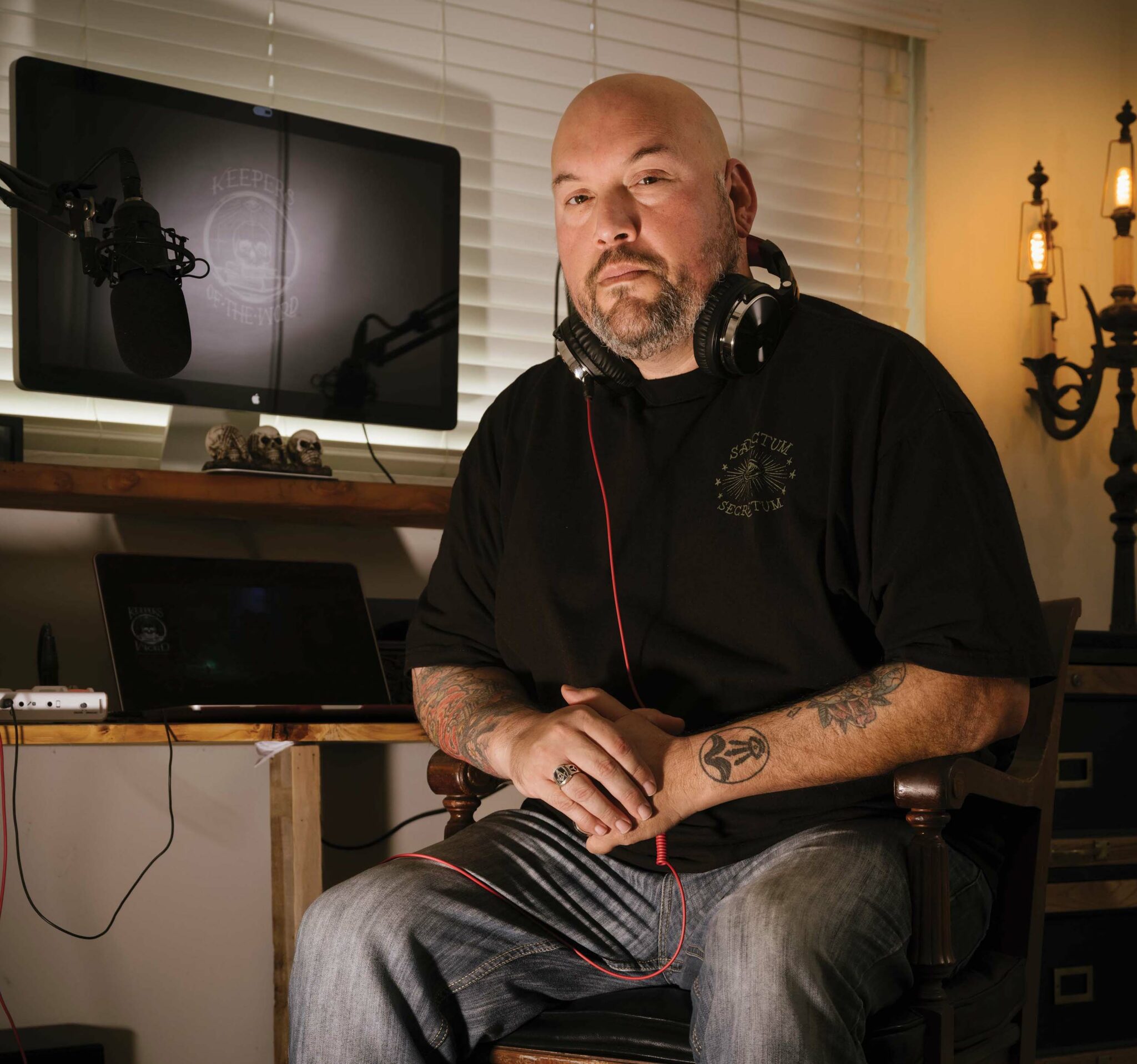
The Conversation Starter: Meet a Masonic Podcast Host
Meet Michael Quintal, the voice behind the Masonic podcast Keepers of the Word.
Forget Masonic handshakes. As Dave Romero of Long Beach No. 327 pedaled his way across the country on a Masonic charity bike ride to raise money for the Masonic Homes of California and Shriners International, he was greeted at each stop he made at a local lodge with a much more intimate fraternal welcome.
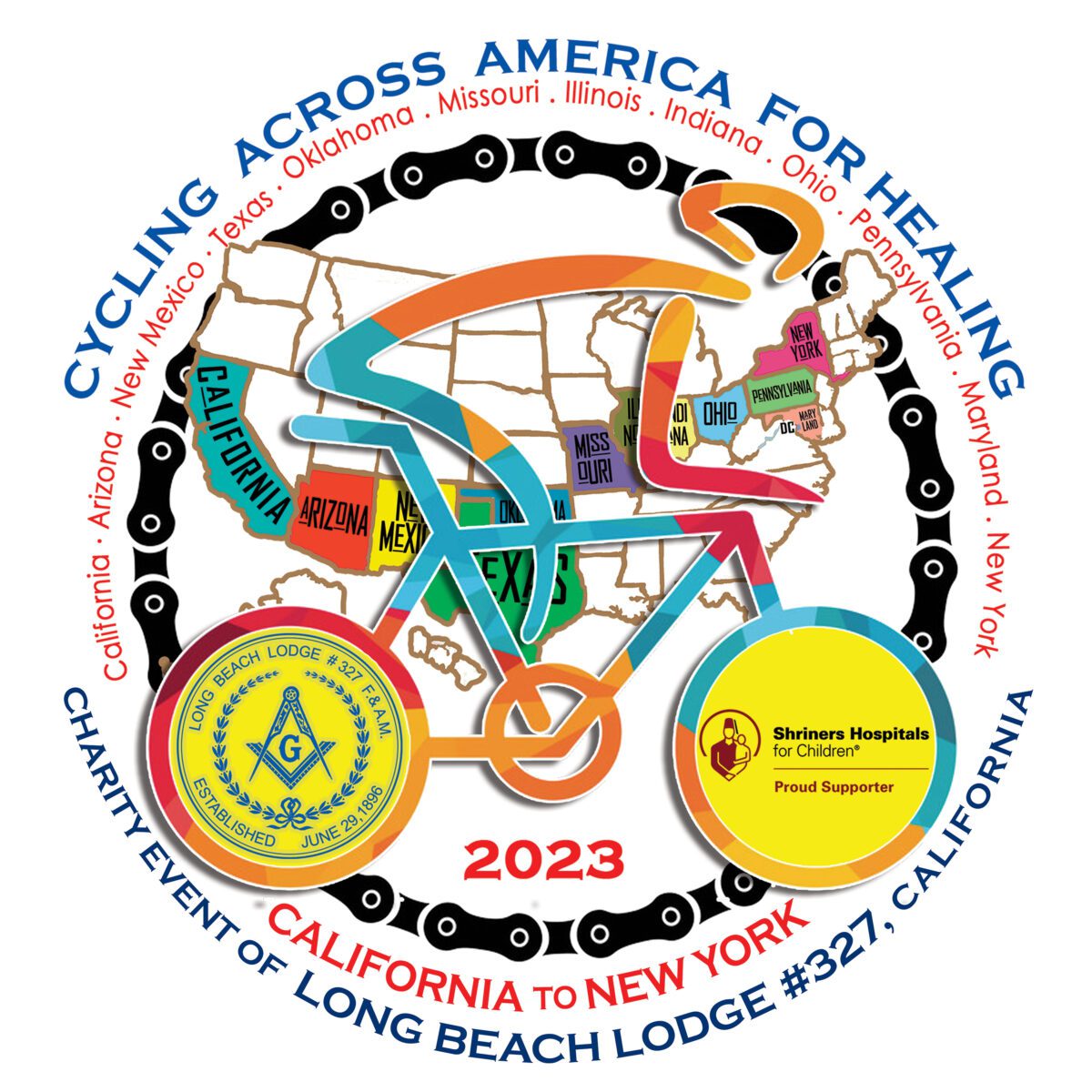
“Every time,” he says with a chuckle, “I’d extend my hand and they’d laugh and give me a giant hug, even when I was all sweaty.”
Romero’s charity ride was a true Masonic voyage. Before beginning his trek—which would total more than 3,200 miles over 41 days—he reached out to lodges along the way to secure sponsorships and to help arrange overnight accommodations, either at hotels or, just as often, at a member’s house. Riding alongside a support-car driver, Ronald Pagdanganan, past master of Pacific Rim № 567, and his son Glenn, Romero followed the entirety of Route 66 from Southern California to Chicago, then wended his way through Indiana, Ohio, Pennsylvania, and finally New York. Along the way, he visited lodges in 12 states, including some particularly unlikely locales like Grants, New Mexico (Malpais № 71); Zanesville, Ohio (Amity № 5); and Hazleton, Pennsylvania (Christiana № 417).
By the time he reached the New York state line, he’d raised more than $11,000 combined for the Masonic Homes and Shriners Hospital for Children. “To ride a bike, to feel the sun on my back, I just remember all those kids and people who will never experience this,” he says. “The thought of being chairbound or bedbound, I can’t complain about riding my bike at all. I’m blessed. I have more than I deserve.”
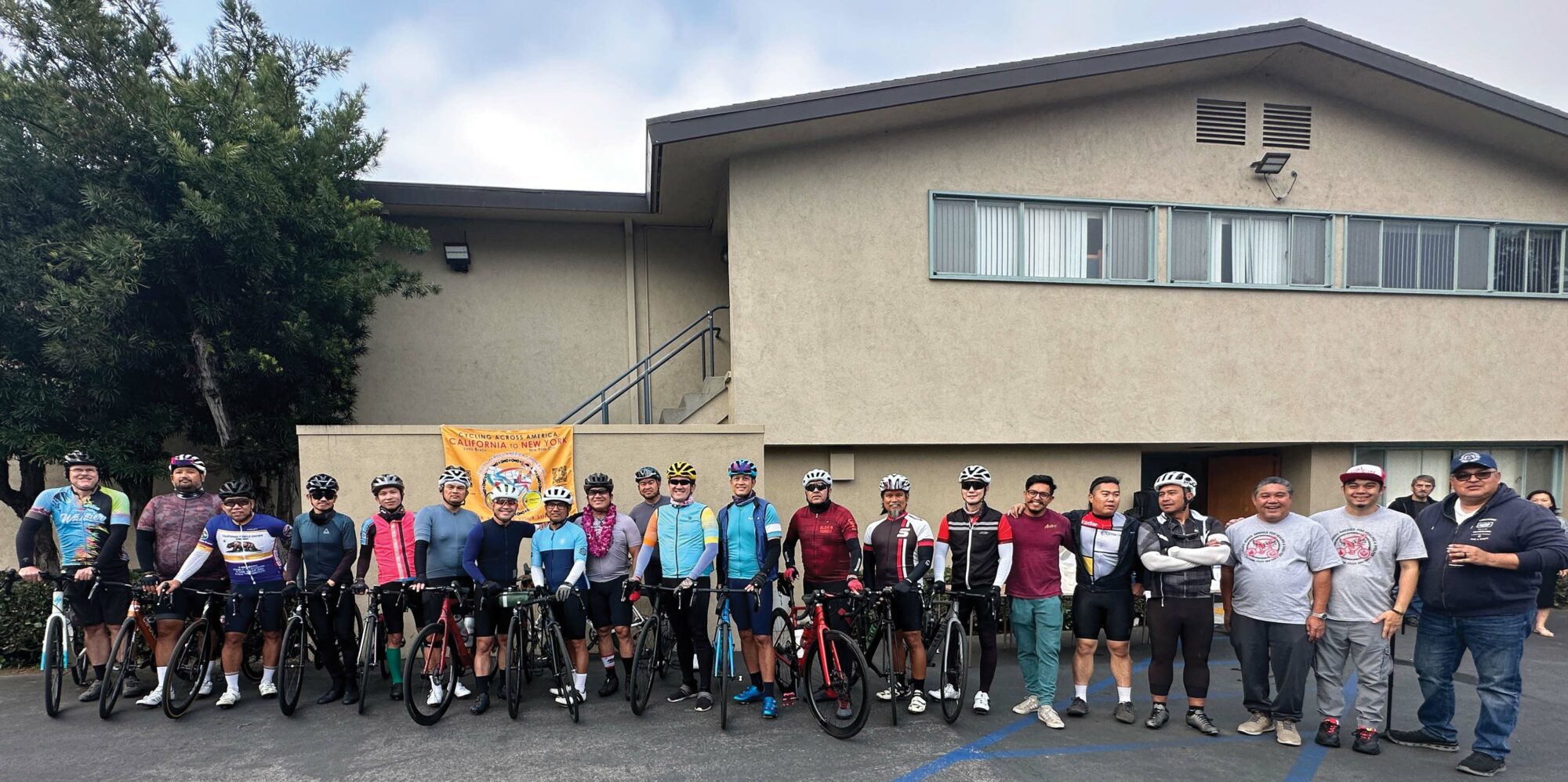
It isn’t the first time Romero’s pushed the pedals for a good cause. In 2019, he organized a similar Masonic charity bike ride from L.A. to San Francisco to benefit the Masonic Homes and the Long Beach Rescue Mission homeless shelter. After that, he says, he started envisioning an even more ambitious project.
Two years later, Romero has done just that. But for all the sights and the hundreds of thousands of calories he burned along the way, Romero says what’s stayed with him the most are the relationships—and the connection he felt with Masons around the country. “One Mason told me he wasn’t helping a stranger; he was helping a brother. He said, ‘When you put your hand on that Bible to say your obligations, that’s when we met.’ That gave me chills,” Romero says.
Here, Romero shares a few highlights from the ride of his life.
Above: Day 5: Kingman, Arizona
Romero: We actually slept in the Scottish Rite temple in Santa Fe. It was kind of scary at first, since the building is over 100 years old. But you start to appreciate the history and all the stories and moments that were experienced inside that kind of historic institution. They even had a calendar from 1962 they had never taken down.
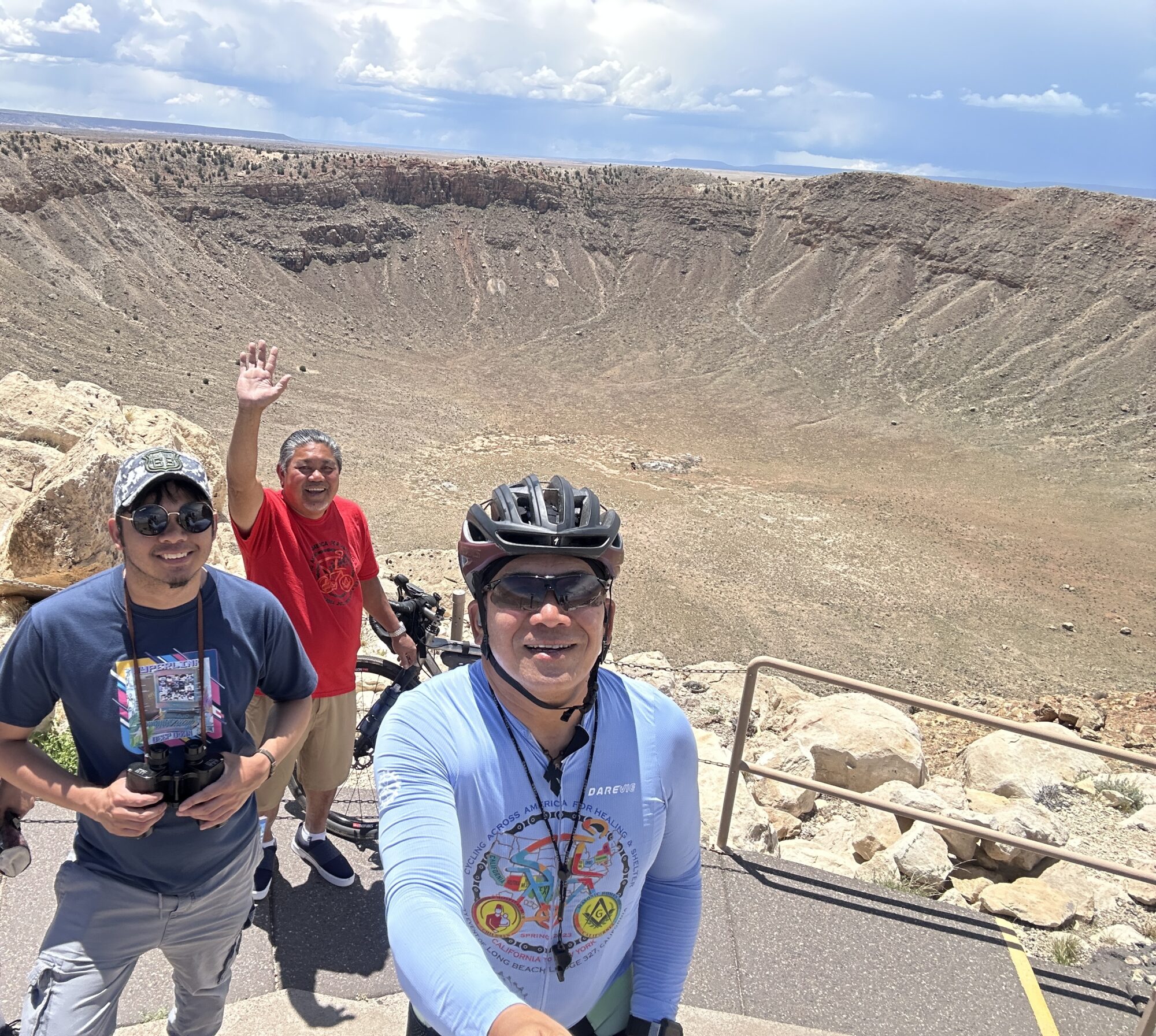
I only got one flat tire on the trip, in Edmond, Oklahoma. But luckily, a Mason I’d connected with there owns a bike shop and got me all patched up and asked for nothing in return. Then, I lost my wallet on the way to Springfield, Missouri. That wasn’t even the worst of it.
In Pennsylvania, we had some other cyclists riding with us, and their backpacks fell off the support truck with their laptops in them. We knew things like that could happen on a cross-country trip. Ron, my support-car driver, shredded his tire in New Mexico and wasn’t able to replace it until we got to Amarillo, Texas. And his truck got hit by hail overnight in Tucamcari, New Mexico.
“Ron would usually drive five miles or so ahead of me. At one point, in Oklahoma, he got pulled over for speeding and because he didn’t have an orange flag strapped to the bike rack. When I finally caught up with them, the officer asked us about the trip and the fundraising, and he decided to his void the ticket altogether. He said he couldn’t in good conscience cite us. I told him I wanted to hug him for the kind gesture—but I think that’s against the law.
Allen Morris, who’s a Mason and Shriner from Texas, helped organize a lot of my journey by connecting me to all these lodges around the country. One person he introduced me to was named Dusty Rhodes, who mentioned visiting the St. Louis Shriner’s Hospital. The Shriners there have a program that provides custom bikes for children with disabilities. So we were able to do a ride in St. Louis with a boy named Caleb. He was so happy to meet us, and we did a couple laps with him outside the building.
Above: Day 33: Dayton, Ohio Shriner’s Hospital
We met a lot of kids and staff at the Shriners Hospital in Dayton, too, and they would call me brave for what I was doing. I always disagreed with them. My journey had an end date, but the work they do at the hospital day in and day out never ends. That’s brave. Anything I do is nothing compared to those kids and the staff there.
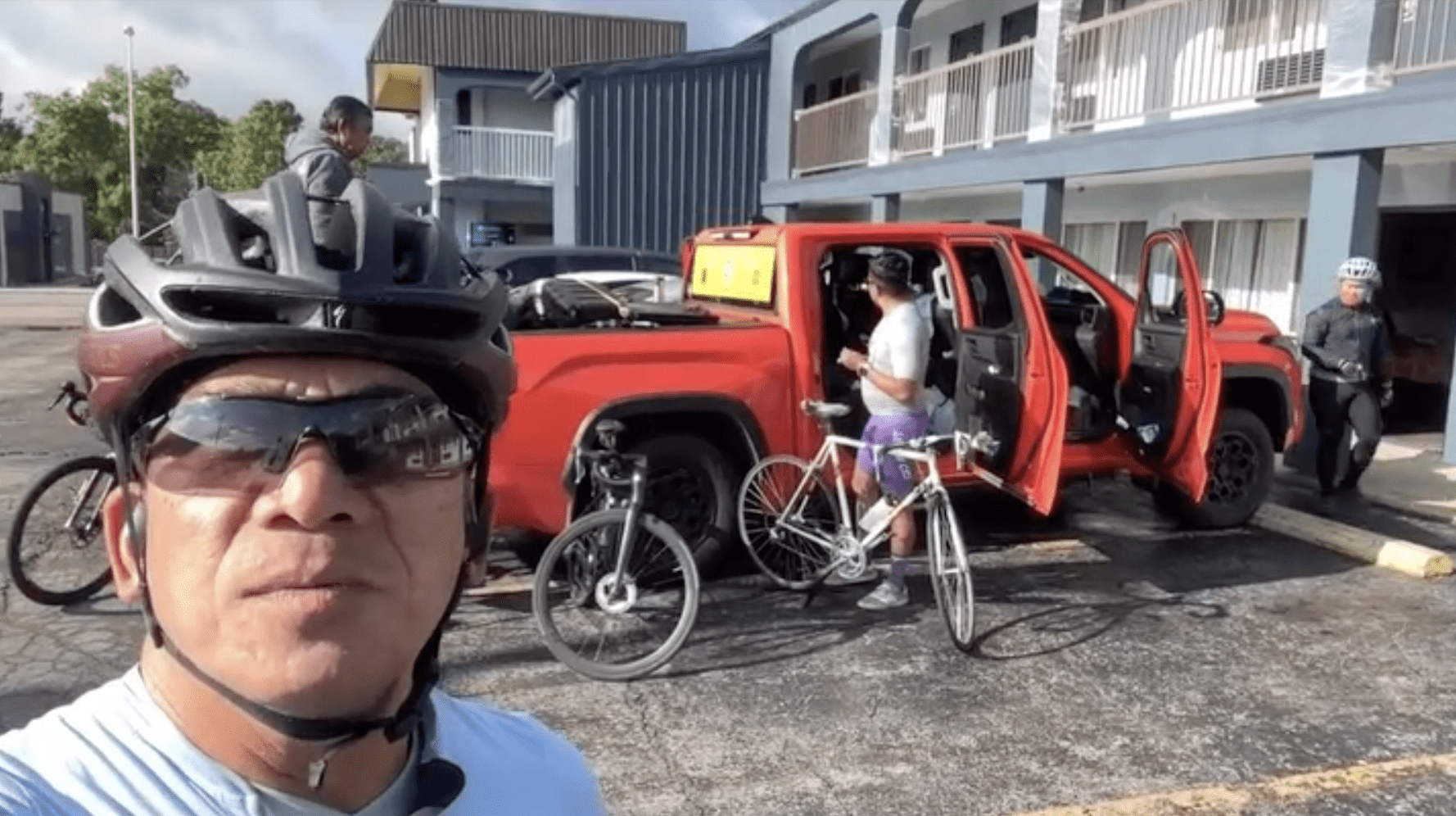
There were a few nights when we didn’t have a room lined up, but no matter what, we were always treated to dinner. In fact, we stayed at a home owned by the past grand master of the Grand Lodge of Pennsylvania, Ray Dietz. He called me and mentioned that his wife was a gourmet chef and asked if we’d like salmon for dinner—he’d heard from some other Masons I’d stayed with earlier that I don’t eat red meat. It was incredible, the hospitality.
“I had to embrace the idea that I might die on this trip, covering so much new ground on a bicycle. I had that conversation with my family, and it was scary. But they knew I was dedicated to this journey and fundraising for a great cause. Thankfully, nothing serious happened. But there were a few close calls. We almost got rear-ended by a Mustang while we were being featured on a local news broadcast—there’s actually footage of that.
But the closest call was in Pennsylvania, when I was riding through Amish country. I hit a four-inch embankment on the side of the road and flew over the handlebars. My first thought was that I was going to get run over by a horse and buggy. But these Amish drivers just went around me. My wife laughed at that story, especially because she prayed that I wouldn’t get hit by a semi or a car. But she never mentioned horses.”
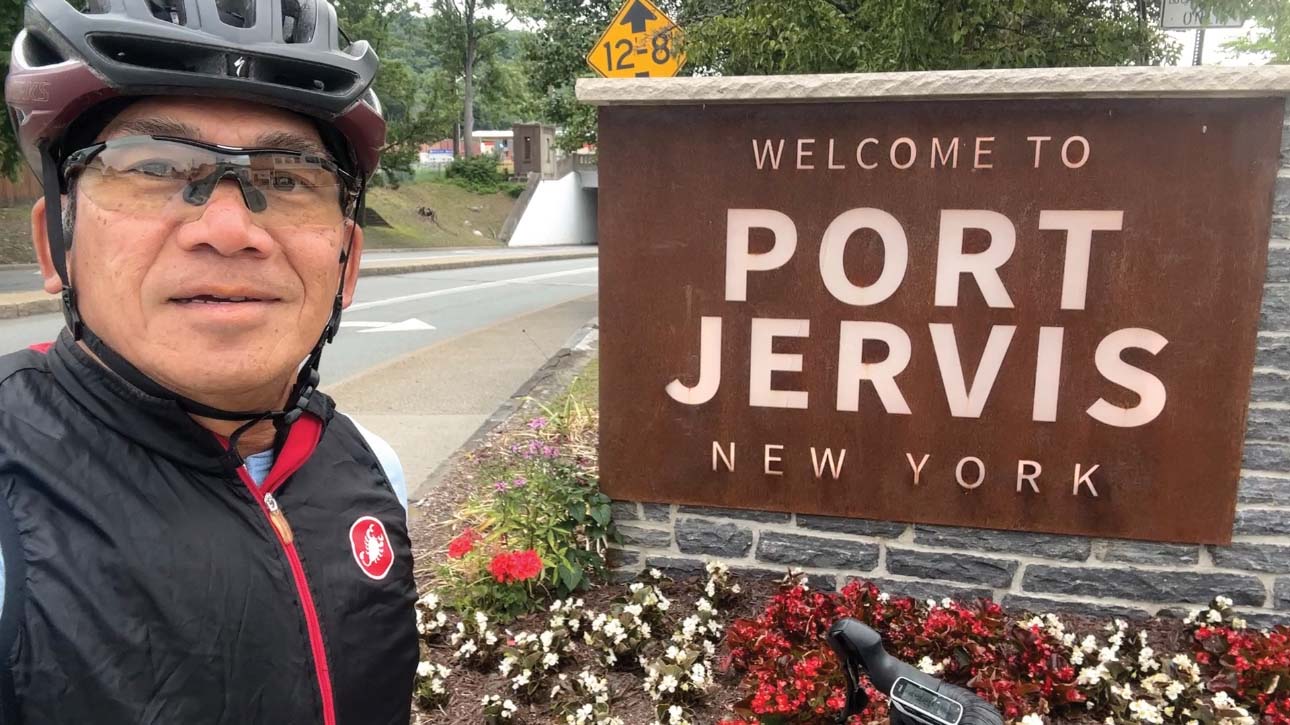
I remember seeing TV commercials in Battery Park where they have a great view of the Statue of Liberty. Nope. I was duped! It was so far away, and the ferry was closed. But I was still happy I made it. Ten minutes before I got there, I was yelling and screaming on the bike trail next to the Hudson River. The first thing I did when I got to Battery Park was call my family and tell them how much I love them for allowing me to do this.
Above: Day 43: Romero’s team is received with a standing ovation at the Grand Lodge of Pennsylvania in Philadelphia.
When word got out that Ray Dietz hosted us, the current Grand Master of Pennsylvania, Jeffrey Wonderling, called me with a wild idea of having my team barge into their Grand Lodge during their 150th rededication ceremony, pretending to be lost. So we did just that, and it was quite a sight, seeing all those brothers in their tuxedos and us in our cycling outfits. That’s when Jeffrey introduced us formally and told everyone about our journey, and they gave us a standing ovation. It was a really emotional moment.
PHOTOGRAPHS COURTESY OF:
Dave Romero, Grand Lodge of Pennsylvania

Meet Michael Quintal, the voice behind the Masonic podcast Keepers of the Word.
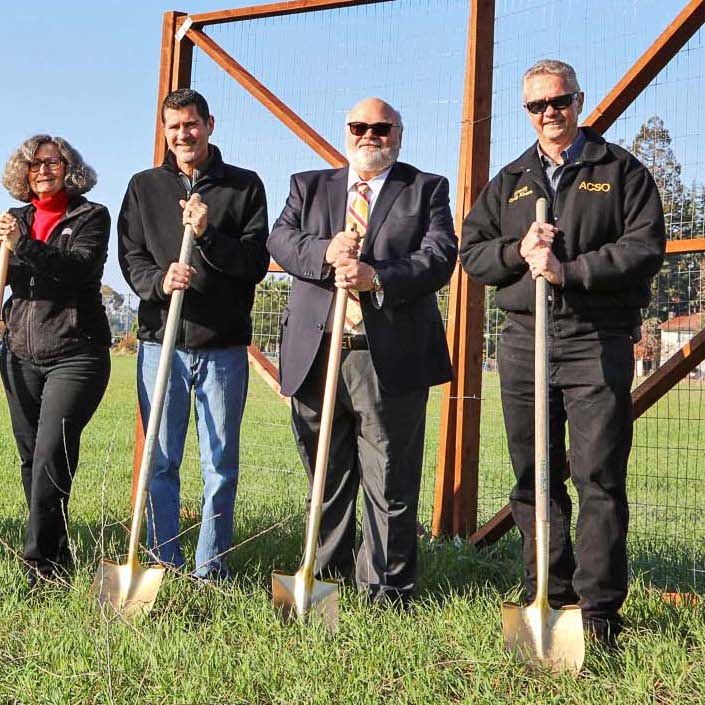
Thanks to a novel partnership with Dig Deep Farms, the agricultural heritage of the Masonic Homes is being brought back to life.
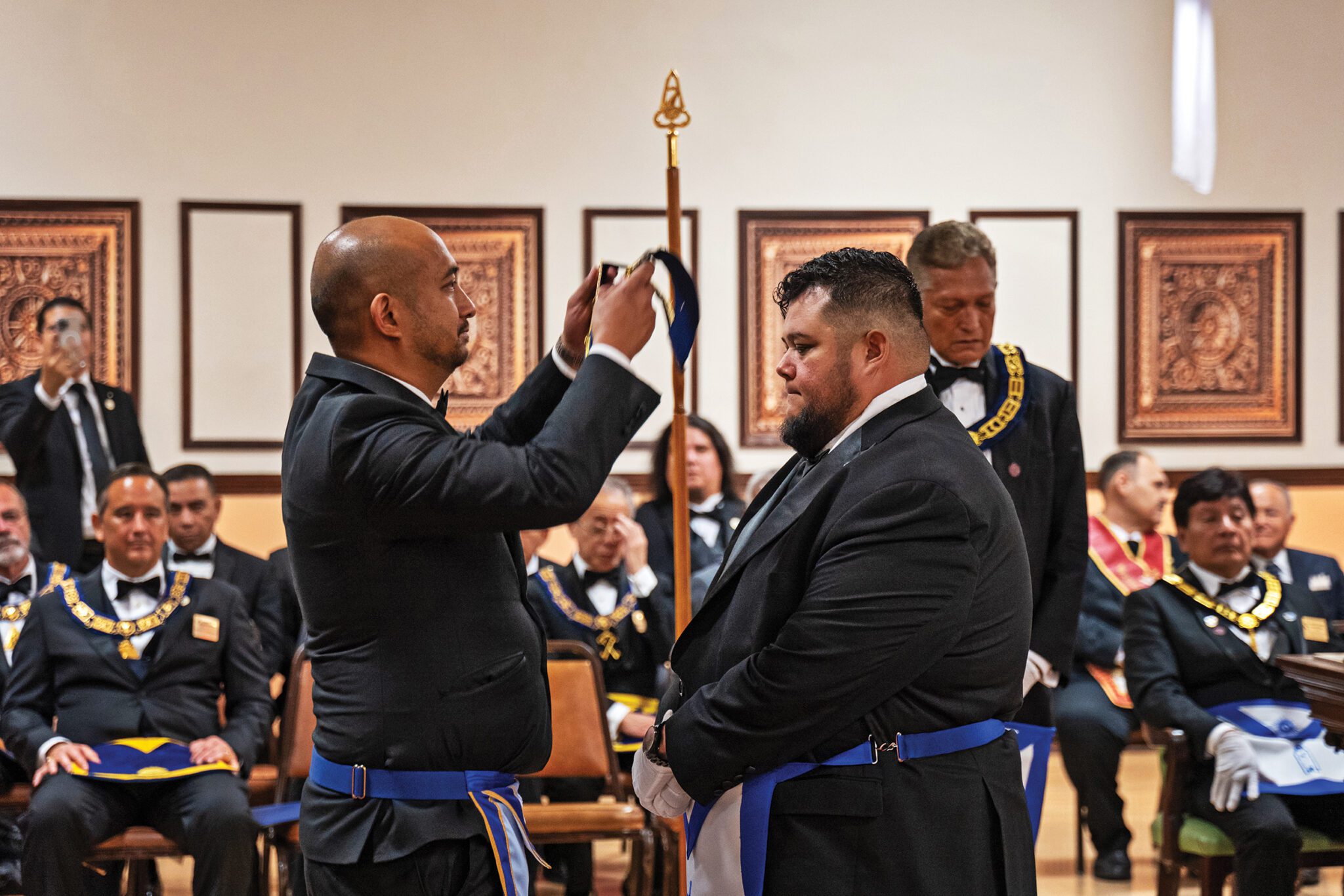
A newly formed Hispanic research lodge is focusing its attention on the history and heritage of Freemasonry in Latin America.